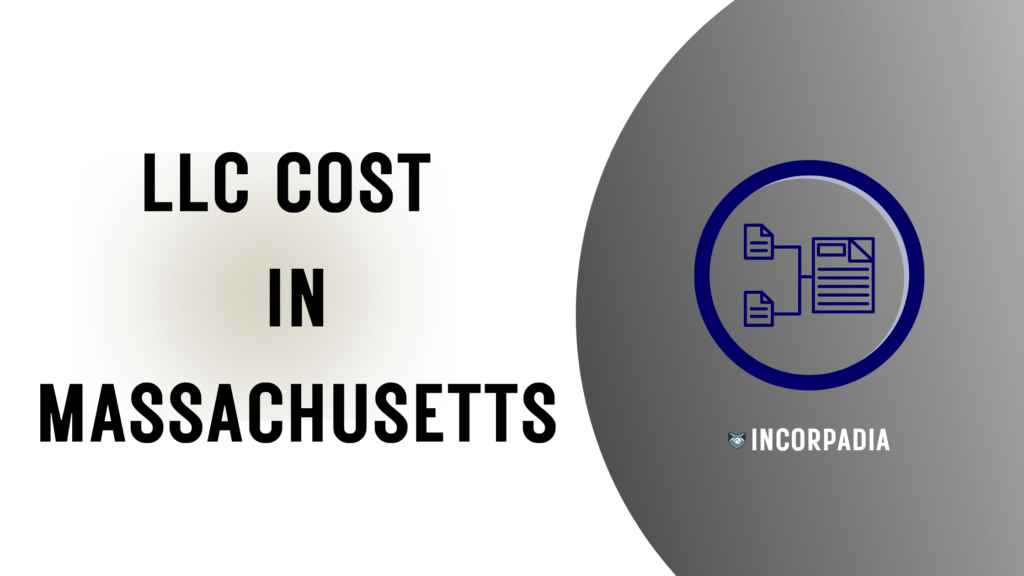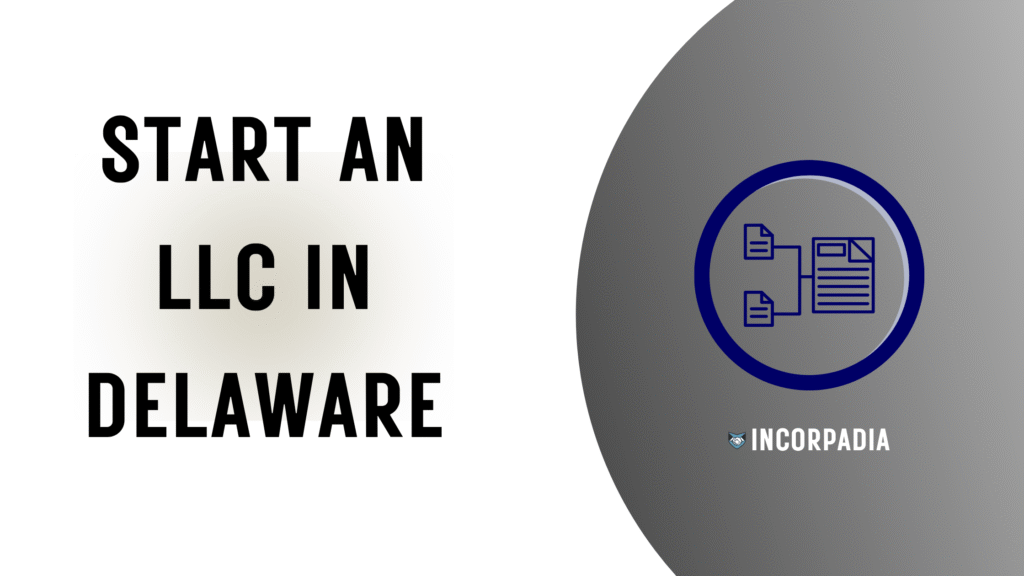Starting a business is an exciting journey, and one of the most important decisions you’ll make is choosing the right legal structure. In Massachusetts, forming a Limited Liability Company (LLC) is one of the best ways to protect your personal assets while enjoying flexibility in your business operations. An LLC combines the best features of a corporation and a partnership, offering personal liability protection and tax benefits without the complex formalities of a traditional corporation. Whether you’re launching a small local business or planning to scale up, an LLC can provide the right balance of legal protection, tax efficiency, and ease of management.
In 2025, the process of forming an LLC in Massachusetts is streamlined and straightforward, making it a popular choice for entrepreneurs. However, there are certain steps you need to follow to ensure you’re compliant with the state’s regulations and that your LLC is legally recognized. These steps include choosing a unique name, filing necessary paperwork, designating a registered agent, and understanding your ongoing obligations, such as filing annual reports.
While the process may seem intimidating at first, breaking it down into clear, manageable steps can help. This guide will walk you through every phase of starting an LLC in Massachusetts, from the initial name search to filing your Certificate of Organization and beyond. By following this guide, you’ll be well-equipped to navigate the process and set your business up for success, all while adhering to Massachusetts’s legal requirements. Whether you’re a first-time business owner or a seasoned entrepreneur, forming an LLC is an essential step in building a solid foundation for your new venture.
What Is an LLC?
Before we dive into the steps, let’s first understand what an LLC is. A Limited Liability Company (LLC) is a type of business structure that combines the liability protection of a corporation with the tax flexibility and simplicity of a partnership. LLC owners, called members, are typically not personally liable for the company’s debts, offering them protection in case of lawsuits or business failure.
In Massachusetts, LLCs are a popular choice for entrepreneurs because they provide legal protection and operational flexibility, without the heavy regulatory requirements of corporations.
Steps to Form an LLC in Massachusetts
Here’s a simple and detailed overview of the steps you need to follow to form your LLC in Massachusetts.
1. Search Your LLC Name
Choosing the right name for your LLC is the first important step in the process. Your LLC name must be unique, and it can’t be the same as any existing business name in the state. You can easily check the availability of your LLC name by searching through the Massachusetts Secretary of the Commonwealth’s online business database.
When selecting a name, keep the following in mind:
- Your LLC name must include “Limited Liability Company,” “Limited Company,” or abbreviations like “LLC” or “L.L.C.”
- It can’t be too similar to an already registered name.
- The name should not include restricted words (like “bank” or “insurance”) unless your business is authorized to use those terms.
Once you have a name in mind, you can go to the Secretary of the Commonwealth’s website to check if the name is available.
2. Choose a Registered Agent
A registered agent is an individual or company that agrees to receive legal and tax documents on behalf of your LLC. In Massachusetts, your LLC must designate a registered agent who has a physical address within the state. This agent must be available during regular business hours to receive important documents like tax notices or legal papers.
Who can be your LLC’s registered agent?
- You can be your own registered agent if you have a physical address in Massachusetts.
- You can also appoint a trusted individual, such as a friend or relative, who resides in Massachusetts.
- Many businesses choose to hire a professional registered agent service. These companies ensure you never miss any important legal documents.
If you’re not familiar with the responsibilities of a registered agent or simply want peace of mind, consider using a professional registered agent service. One option that many business owners use is Northwest Registered Agent. They are known for their privacy protection and excellent customer service.
3. File the Certificate of Organization
To officially create your LLC, you need to file a Certificate of Organization with the Massachusetts Secretary of the Commonwealth. This document includes vital information about your LLC, such as its name, address, and the name of the registered agent.
The filing fee for the Certificate of Organization is $520. You can file the form online through the Secretary of the Commonwealth’s website, which is the fastest and most convenient option. If you prefer, you can also file by mail, but that will take longer.
The Certificate of Organization includes the following details:
- LLC Name: This should be the name you checked earlier to ensure it’s unique.
- Principal Office Address: This is the physical address of your LLC’s main office.
- Registered Agent Information: The name and address of the registered agent.
- Management Structure: Indicate whether your LLC will be managed by members (owners) or managers.
Once your Certificate of Organization is approved, you’ll receive a confirmation, and your LLC will be officially formed in Massachusetts.
4. Create an Operating Agreement
Although Massachusetts does not require LLCs to have an operating agreement, it is highly recommended that you create one. This internal document outlines how your LLC will be governed, how profits and losses will be distributed, and the duties and responsibilities of each member.
An operating agreement helps prevent conflicts and ensures that everyone in the LLC is on the same page. It can also clarify your LLC’s structure in case of disputes, business changes, or a member’s departure.
Even if you’re the only member of the LLC, an operating agreement is still a good idea. It helps establish your LLC’s legitimacy in the eyes of the state and could prevent legal complications down the line.
5. Obtain an Employer Identification Number (EIN)
An EIN, also called a Federal Tax Identification Number, is required by the IRS for most LLCs. It is used to identify your business for tax purposes, especially if you plan to hire employees, open a business bank account, or file taxes.
You can apply for an EIN online through the IRS website. The application is free, and you can get your EIN almost immediately after completing the form. Even if your LLC has only one member, the IRS still requires you to get an EIN to keep your business finances separate from your personal finances.
What to Do After Your LLC Is Approved
Once your LLC is officially formed in Massachusetts, there are still a few things you’ll need to do to stay compliant with state regulations.
How Much Does a Massachusetts LLC Annual Report Cost?
Every LLC in Massachusetts must file an Annual Report to maintain its good standing with the state. The filing fee for the Annual Report is $520.
When Is the Annual Report Due?
Your Annual Report is due every year on the anniversary of your LLC’s formation. For example, if your LLC was formed on March 1, your Annual Report will be due on March 1 each year. Make sure to file your Annual Report on time to avoid penalties or late fees.
When Is My First Annual Report Due?
The first Annual Report is due one year after your LLC’s formation. Even if you’ve just filed your LLC, you’ll need to file your first Annual Report by the same date the following year.
How Do I File My LLC Annual Report?
You can file your Annual Report online through the Massachusetts Secretary of the Commonwealth’s website. Filing is simple, and you’ll be able to pay the required fee through the online portal.
How Will My LLC Be Taxed?
In Massachusetts, your LLC will generally be taxed as a pass-through entity. This means that the LLC itself does not pay taxes. Instead, profits and losses are “passed through” to the LLC members’ personal tax returns.
If your LLC has multiple members, it will be taxed as a partnership. If you have a single-member LLC, the IRS will treat it as a sole proprietorship for tax purposes.
However, you can elect to have your LLC taxed as an S Corporation or C Corporation by filing the appropriate forms with the IRS. Whether this is a good option for your business depends on your unique situation, so it’s a good idea to consult with a tax professional to determine the best tax structure.
Summary of Costs
| Item | Fee |
|---|---|
| Certificate of Organization Filing | $520 |
| Annual Report Filing | $520 |
| Registered Agent Service (optional) | $89–$175/year |
| Business Certificate (DBA) Filing | Varies by locality |
| Workers’ Compensation Insurance | Varies by provider |
Final Thoughts
Forming an LLC in Massachusetts is a straightforward process, and by following the steps outlined in this guide, you’ll be on your way to establishing your business with legal protection and operational flexibility. Whether you’re just starting or growing an existing business, an LLC offers many advantages, including personal asset protection, tax flexibility, and credibility.
Make sure to stay on top of ongoing requirements like the Annual Report and consider seeking professional advice if you’re unsure about tax classifications or business decisions. Best of luck with your new LLC in Massachusetts!
FAQs
Do I need a business certificate (DBA)?
If your LLC operates under a name different from its legal name, you’ll need to file a business certificate (also known as a Doing Business As or DBA) with the city or town where your business is located. The fee for filing a DBA varies by location.
Is workers’ compensation insurance required?
Yes, Massachusetts requires most businesses with employees to carry workers’ compensation insurance. This insurance covers employees who are injured or become ill while working.
Can I form an LLC if I’m not a Massachusetts resident?
Yes, you can form an LLC in Massachusetts even if you don’t live in the state. You will need to have a registered agent with a physical address in Massachusetts to handle legal and tax documents.
How do I change my LLC’s registered agent?
If you want to change your LLC’s registered agent, you’ll need to file a Statement of Change of Resident Agent with the Massachusetts Secretary of the Commonwealth. There is a small fee to file this form.







